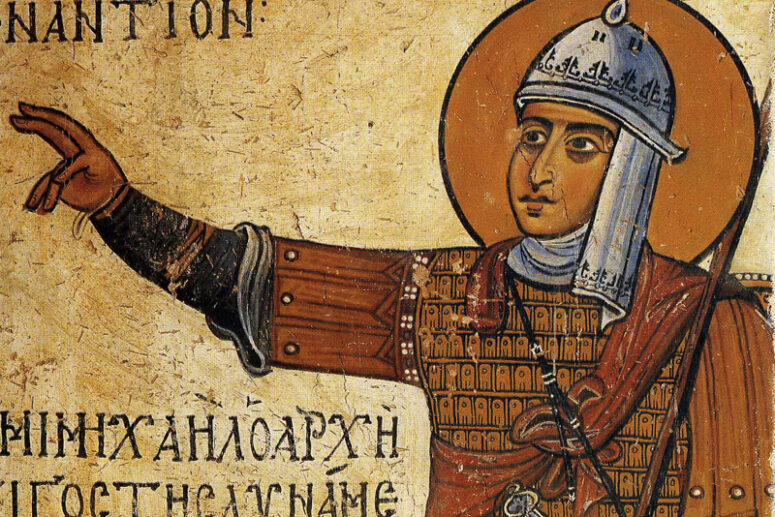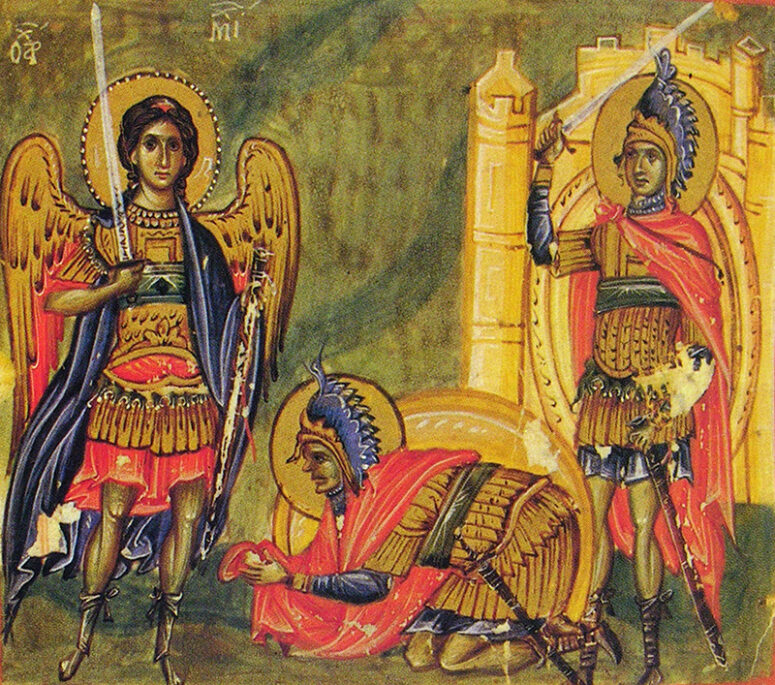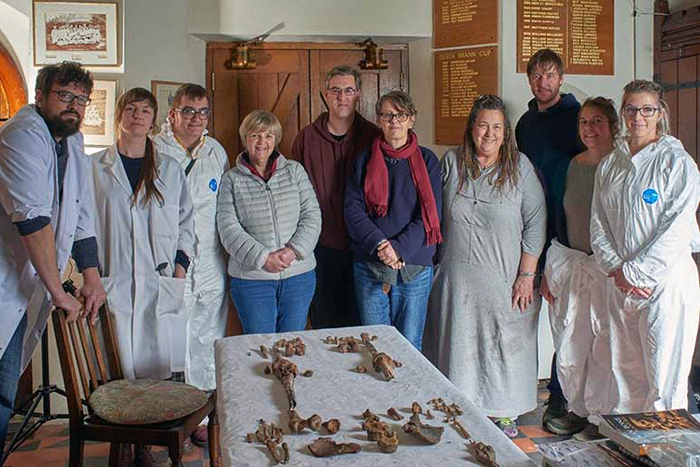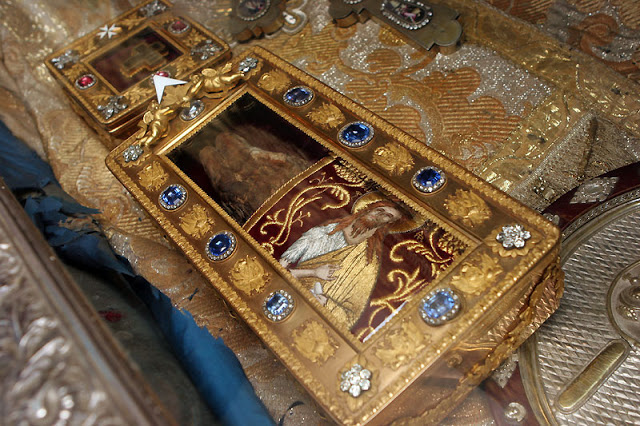
On September 1, according to the Julian calendar, the Church celebrated the memory of the Old Testament saint Joshua. There is a separate book in the Bible dedicated to this character of sacred history. What interesting things can this book tell a modern Christian? Why is this saint important to us, and how can we see the Face of Christ in the Old Testament stories?
Successor to Moses
Joshua is the key figure in the conquest of Canaan and the fulfilment of God’s promises. He is also the main character in the eponymous book. First, we learn about him as an assistant to Moses and someone who is supposed to replace the prophet in his role of the leader. The importance of Joshua’s personality is emphasized in Joshua 1: 1-9 through a direct reference to him by God. The end of the book is marked by the fact that it is Joshua who leads Israel to the renewal of the Covenant with God. In Joshua 24:39 he is directly called “the servant of God,” a title that was previously applied exclusively to Moses. The importance of Joshua is difficult to underestimate, because it was he who brought Israel to the Promised Land and did what Moses himself was not destined to do.
Acts of Joshua
We first meet Joshua in the pages of Exodus, when he led the army of Israel in the battle against the Amalekites. The victory was won under the banner of the Cross, symbolized by the raised arms of Moses. That was the first important foreshadow of Jesus Christ, manifested in the life of Joshua, to which the holy fathers would later refer. Joshua also plays an important role in the subsequent events. He is present on the Mount of Revelation along with Moses, he guards the Tabernacle of the Covenant, he is one of the twelve “rulers” sent to Canaan, and only he and Caleb inspire the people to seize those lands and not be afraid of enemies. As a result, it is Joshua who becomes the only person out of Egyptian slavery to enter the Promised Land. All these facts show that Joshua gradually became the spiritual and political leader of Israel, one whom the Lord anointed to take the place of Moses and complete his ministry.

Joshua as an Archetype of Jesus Christ
In Numbers 13: 9, Moses calls Hosea (Joshua’s original name) Jehoshua. This detail is very important in understanding the emblematic ministry of this righteous man. Christians of the early Church already saw in the ministry of Joshua foreshadows and signs of what Christ had accomplished. The book describes that God promised Joshua His unrelenting companionship throughout all his life, at the same time making it his duty to constantly study the Law, guard it and scrupulously fulfil it. Led by the Lord, Joshua takes God’s people across the Jordan River (chapters 2-3), saves the pagans who believed in God’s promises (chapters 2, 6) and destroys enemies opposing God. He is about to fulfil all that Moses had described in the Law and accomplish his ministry by calling upon Israel to renew the Covenant with God. These are all shadows of the messianic ministry of Jesus of Nazareth. Knowing them helps us better understand the ministry of the Messiah Himself. Christ not only lived in the presence of God, but He Himself is Emmanuel (God is with us). He Himself as a Man not only constantly meditated on the Word of God, but also is the incarnate Word of the Father. Jesus Christ brought his people through the Jordanian waters of Baptism, saved the pagans who had come to believe, fulfilled the Law in Himself, and established the New and last Covenant with God opening the Promised Land, the Kingdom of Heaven for everyone.
Shalom of God
For Israel, peace (shalom) has been a key theme since the creation described in Genesis. Sin has destroyed peace as the fullness of communion with God, and a series of Covenants between God and humanity is called to restore this peace. One of the key stages in restoring the blessed peace between people and God is Israel’s entry into the Promised Land under the leadership of Joshua, the man whose name means “Yahweh the Savior”. The book of Joshua says that he brought peace and rest to Israel, and that God’s prosperity was preserved in Israel as long as Joshua was alive. Here again we encounter a mysterious foreshadow of the ministry of Jesus Christ. As stated in the Holy Scriptures, “Christ, having risen from the dead, no longer dies: death no longer has power over Him” (Rom. 6: 9), and therefore the Covenant concluded by Him as an eternal Mediator between God and people is the key to the eternal establishment of the Kingdom of Christ as peace between God and His Creation.
So, the name given by Moses to Hosea, son of Nun and the deeds that Joshua performed, slightly de-veil the truth about Him, about Whom it was announced to Moses: “I will raise up for them a Prophet from among their brothers, such as you, and I will put My words in His mouth, and He will speak to them all that I command Him” (Deut. 18:18). Who knows, perhaps, Moses, giving the name of Jehoshua to the son of Nun, prophetically saw something messianic in his successor? Reading the book of Joshua and celebrating the memory of this ancient biblical character liturgically, through images and shadows of the Old Testament we contemplate the salvation work accomplished by our Lord Jesus Christ.




